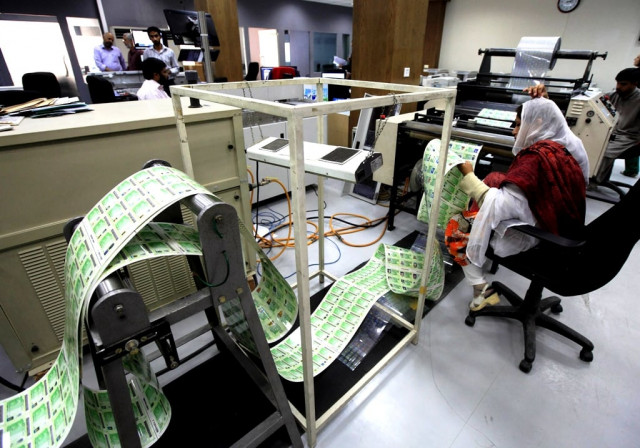Govt to launch data-sharing platform with NADRA
Affordable spectrum urged as govt prepares 600MHz auction, MVNO framework nears approval

Minister of State for IT and Telecommunication Shaza Fatima Khawaja on Wednesday announced the government would launch a Data Exchange Layer, developed in collaboration with the National Database and Registration Authority (NADRA), to enable secure, real-time data sharing across government institutions.
The Pakistan Telecommunication Authority (PTA) is hosting the 26th Meeting of the South Asian Telecommunication Regulators' Council (SATRC-26) in Islamabad under the auspices of the Asia-Pacific Telecommunity (APT). The inaugural session was held at Serena Hotel, attended by secretary general APT, heads of telecommunication authorities, senior policymakers, and ICT experts from SATRC member countries.
Khawaja, attending as chief guest, reaffirmed Pakistan's commitment to promoting regional digital collaboration and sustainable ICT growth.
She said this step would remove barriers to broadband expansion, adding that work on a National Fiberisation Policy is underway.
She added that preparations for a 600MHz spectrum auction were ongoing to enhance high-speed internet and support 5G readiness.
The long-awaited Mobile Virtual Network Operator (MVNO) framework is reaching final approval, which would pave the way for new telecom entrants, she added.
Mudassar Hussain, Head of Public Policy and Regulatory Affairs at Jazz, said spectrum is crucial for next-generation connectivity. The government must make it available at affordable prices to ensure business viability. Regulators should rationalise spectrum pricing and approach it as long-term digital infrastructure rather than a short-term revenue source. "The health of the telecom industry is of paramount importance. Pakistan's economic transition depends on a clear national digital strategy where connectivity, taxation, spectrum policy, and digital public services are aligned to support long-term growth," Hussain said.
He noted that despite being an essential utility, telecom and internet services in Pakistan face one of the highest tax rates in the region. Countries treating spectrum as digital infrastructure have achieved stronger investment, better service quality, and higher digital participation.
Hussain said spectrum sharing could enhance efficiency but requires a clear policy framework. He called for structural and licensing reforms and practical policies to enable innovation, including satellite-based services.
Other panellists highlighted that affordable and sufficient spectrum allocation is essential for enabling 5G and reducing digital divides.
They discussed the need for harmonised regional approaches, flexible policies for data gateways, and innovative technologies such as satellite and Wi-Fi-based solutions to connect remote areas.
Dr Masanori Kondo, Secretary General of APT, commended PTA's efforts and emphasised the importance of collective regional action to harness emerging technologies for equitable digital transformation. Chairman PTA Major General (retd) Hafeezur Rehman highlighted Pakistan's leadership role in advancing regulatory harmony and regional cooperation. He reaffirmed PTA's dedication to digital inclusion, emerging technologies, and ICT resilience, noting that SATRC-26 reflects the shared vision for a connected and innovative South Asia.




















COMMENTS
Comments are moderated and generally will be posted if they are on-topic and not abusive.
For more information, please see our Comments FAQ